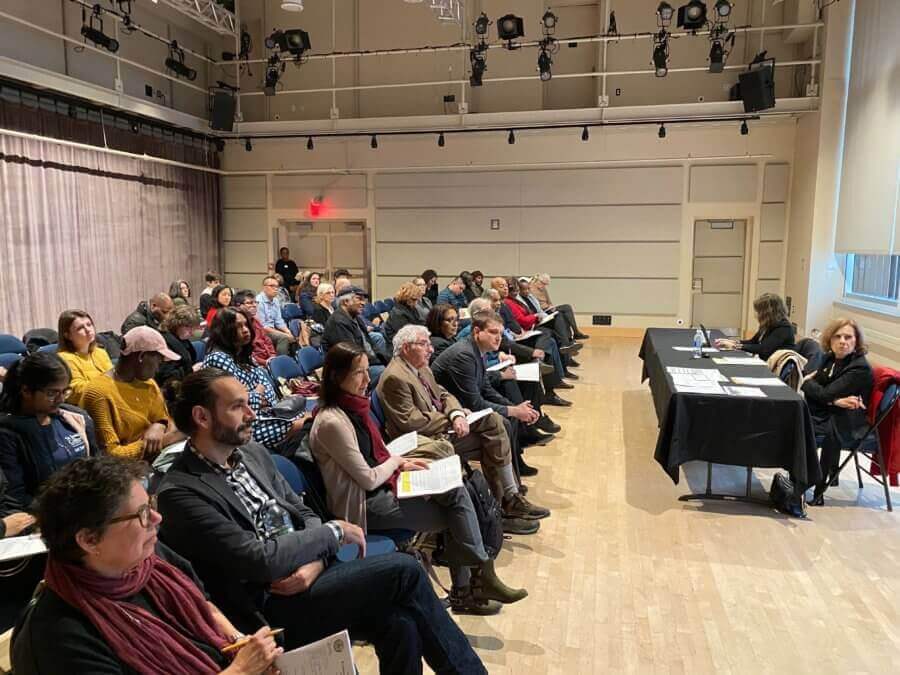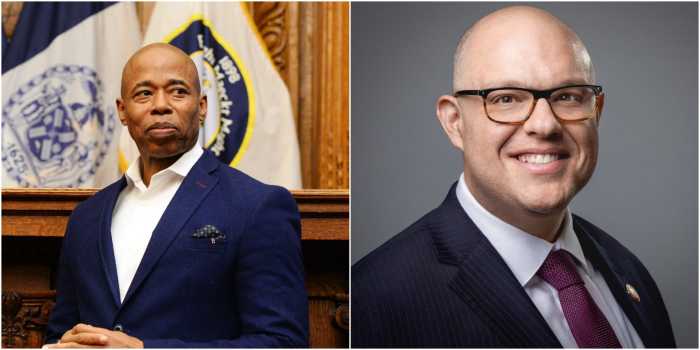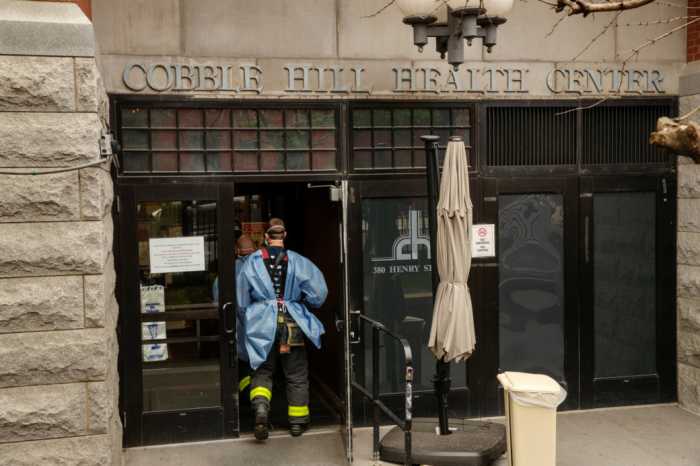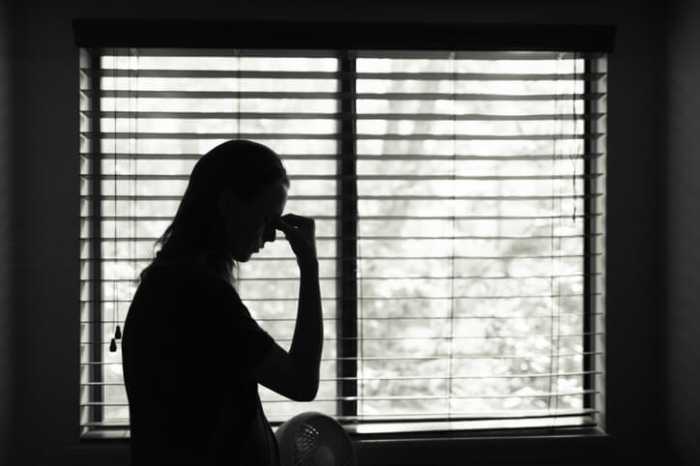When the subject of community boards comes up, most people will unfortunately roll their eyes and find a reason to change the topic. It’s not surprising though, because many people see these boards as groups of longtime political insiders and community gadflys, arguing amongst themselves, with little impact on how Brooklyn’s 2.6 million residents live their day-to-day lives. But this public apathy belies the reality of these boards, which are a critical forum for public engagement in local issues.
Simply put, if you care about overdevelopment and gentrification, you should care about community boards. If you care about affordable housing, saving our local businesses or waterfront resiliency, you should care about community boards. If you care about development projects like Industry City or Bedford Union Armory, you should care about community boards.
Community boards are supposed to be the place where community voices are heard and community needs are addressed, but we have hamstrung them with limited resources and inadequate recruitment and diversity, undermining their ability to carry out their Charter-mandated responsibilities.
So if we want a fairer, stronger Brooklyn, we need to fix our community boards. And as Borough President, I will.
When community boards are truly representative of the communities they serve, and are given the right resources and support, they can make a real impact — especially when it comes to land use decisions. Community boards have the power to propose development plans which can be used to guide policy decisions. As neighborhoods in our city — particularly low-income communities of color — continue to be plagued by reckless, unfettered development, centering community voices is more important than ever.
But, in our current system, the potential power of community boards is left untapped, depriving our borough of critical input from our city’s most local level of government.
Making a community board representative of the neighborhoods it serves is vital. And yet community boards across Brooklyn are still plagued by imbalances in racial makeup, gender, sexual orientation, and age, and a skew towards homeowners, despite the fact that 70 percent of our residents are renters — meaning certain residents are missing out on the ability to shape the future of their neighborhoods and we’re missing out on their input in our policymaking.
To reform the recruitment and application process, I will launch a more intentional recruitment process with better, multilingual outreach to underserved communities. As BP, my office will work with local organizations and stakeholders to identify and actively recruit candidates, helping to bolster the number of applicants in each CB while also ensuring that important stakeholders — like union members, small business owners, and students — are aware of and seize on the opportunity to apply. I will recruit members with professional expertise, like attorneys, housing advocates, and urban planners, and make sure they have more full-time staff to support them.
At the Council, I proposed legislation to improve our CB applications by creating a standardized citywide application and requiring Borough Presidents to publicly report data about the selection and makeup of community boards, two actions I will take voluntarily as BP regardless of whether it becomes law. These steps would go a long way in making the process more transparent and accessible to all community members.
I will address historically sparse participation in CB’s by making them more open and more accessible. Since the pandemic began and CBs moved meetings online, participation and interest has soared. By continuing to have virtual meeting options beyond this crisis, we can increase access to working people, parents, people with disabilities, and more.
Next, we must fully fund CBs so they have the resources to reach their full potential. CBs play an important role in our local politics, but they currently only make up a minute percentage of the city budget. Without sufficient support from the city, CBs can’t adequately fulfill their responsibilities.
From land use to traffic concerns to resiliency along our waterfront, the issues that community boards tackle are complex and they need staff with the expertise to put forward effective solutions. At minimum, every CB should have a salaried land use planner to navigate complicated issues that everyday Brooklynites are impacted by, but may not be well-versed in.
In this moment, we need all hands on deck to meet the daunting challenges facing our communities — from ensuring an equitable recovery from this pandemic, to tackling the ongoing affordable housing crisis, to protecting our frontline communities from the threat of climate change, to ending police brutality. Community boards can and should be a part of the solutions. But first, here in Brooklyn, we have a lot of work to do to make sure that our Community boards are up to the task.
Antonio Reynoso represents Williamsburg, Bushwick, and Ridgewood in the City Council and is running for Brooklyn Borough President.

























